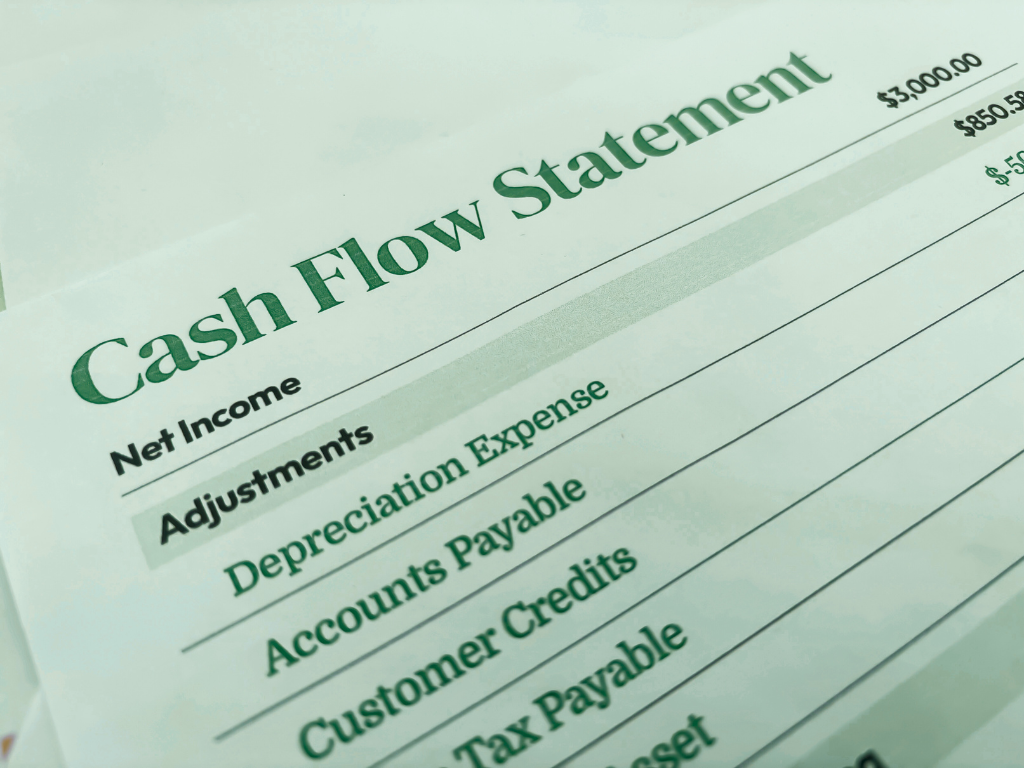Key Points:
- Operating budgets manage short-term expenses like payroll and rent, guiding day-to-day business decisions and supporting cash flow.
- Capital budgets focus on long-term investments like equipment or software, which impact the balance sheet and require depreciation over time.
- Separating capital and operating budgets improves accounting accuracy, supports better tax planning, and aligns with 2025 tax law changes under the One Big Beautiful Bill.
As a business owner, your budget does more than keep the lights on. It guides your decisions about hiring, purchasing, growth, and risk. Yet many businesses still treat the budget as one bucket, blurring the line between everyday operations and long-term investments.
The truth is that every business needs two distinct types of budgets: the operating budget and the capital budget. Each serves a different purpose, affects your accounting records differently, and requires unique planning. Understanding how to separate and manage them is critical to better financial decision-making.
Understanding the Operating Budget
The operating budget is your short-term financial playbook. It outlines your expected revenue and all recurring expenses for a fiscal year. This includes direct costs like materials and labor, and indirect costs such as rent, utilities, insurance, and administrative expenses.
From an accounting perspective, the operating budget drives the income statement. Each month, your accounting team compares actuals against this budget, examining profitability, identifying variances, and adjusting to control costs or boost revenue. The budget supports cash flow management by tracking when money comes in and goes out, and helps ensure the business stays liquid and responsive.
Without a solid operating budget, it’s easy to overextend, delay vendor payments, or miss payroll. Your operating budget is not just a financial plan; it’s your control mechanism for day-to-day survival and efficiency.
Defining the Capital Budget
The capital budget is your blueprint for long-term investment. It focuses on major purchases and asset upgrades that support growth, such as purchasing machinery, renovating a facility, or implementing new software systems.
These items don’t show up immediately on your income statement. Instead, they affect the balance sheet and are subject to depreciation or amortization over several years. From an accounting standpoint, this means capital purchases are not “expensed” all at once. The cost is spread out over the asset’s useful life, influencing your profit margins and tax planning strategies over time.
Capital budgeting also involves careful analysis. Before making a significant purchase, businesses should calculate expected return on investment (ROI), project future cash inflows, and assess the impact on debt or equity. Tools like net present value (NPV) and internal rate of return (IRR) are used to evaluate whether the investment aligns with long-term strategic goals.
Why Budget Separation Matters in Accounting
The accounting process becomes muddled when capital and operating budgets are lumped together. You risk recording capital expenditures as operating expenses, which distorts your profit margins. Or you may underestimate your short-term obligations because you’ve overcommitted cash to long-term investments.
Segregating these budgets allows your accountant to apply the correct treatment under accounting standards:
- Operating expenses hit your profit and loss statement right away.
- Capital expenses must be capitalized and depreciated over time.
This distinction also affects your financial ratios, such as EBITDA, working capital, and current ratios. Misclassifying expenses can make your financials appear healthier or riskier than they are. Clarity between these two budget types is essential if you’re seeking financing, compliance, or tax efficiency.
OBBB Considerations: Bonus Depreciation and Section 179 Expensing Changes for 2025
The 2025 federal tax law, known as the One Big Beautiful Bill (OBBB), makes enhanced planning opportunities more valuable than ever.
It restores 100% bonus depreciation for many fixed assets and increases the Section 179 expensing limit to $2.5 million. That means you can potentially write off large purchases immediately for tax purposes, even though you’ll still depreciate them over time in your books.
Smart Planning Starts with the Right Questions
To build more effective budgets, start by asking:
- Does this expense keep the business running now, or will it generate value over several years?
- Should this cost be expensed immediately, or depreciated over time?
- How will this decision impact my financial statements and key metrics?
- Can my current operating cash flow support this, or do I need to tap reserves or financing?
When you build budgets with these questions in mind, you create a structure supporting agility and ambition. Your accounting team can offer better insights, your reports will be cleaner, and your decisions will reflect the proper financial health of your business.
Budget Clarity Builds Business Confidence
Many businesses plan reactively—when cash is tight, or a new opportunity arises. However, the most resilient companies plan intentionally, clearly distinguishing between operational stability and strategic growth. That clarity starts with understanding how operating and capital budgets function in your accounting framework.
A well-structured operating budget ensures you can execute today, while a strategic capital budget helps you prepare for tomorrow. Together, they allow your financial reports to tell the truth consistently and in a way that supports smart, confident action.
Budgeting isn’t just about numbers on a spreadsheet. It’s a discipline that, when done right, brings order to complexity and turns goals into executable plans. For growing businesses, separating your short-term operations from your long-term investments might be the simplest accounting change that delivers the biggest strategic impact.
Frequently Asked Questions (FAQ)
- What is the difference between an operating budget and a capital budget?
An operating budget covers recurring costs like salaries and rent that support daily operations. A capital budget focuses on long-term investments like equipment or technology that provide value over several years and are depreciated gradually. - Why does separating budgets matter for accounting and financial planning?
Mixing capital expenses with operating costs can distort profit margins and financial ratios. Clear budget separation ensures compliance with accounting standards, improves reporting, and supports smarter business decisions. - How does the One Big Beautiful Bill impact capital budgeting?
The 2025 law reinstates full bonus depreciation and raises the Section 179 expensing limit to $2.5 million. This allows many capital purchases to be written off immediately for tax purposes, making clear capital planning more important than ever. - What are some common mistakes businesses make with budgeting?
Many businesses lump all expenses together or react to cash flow issues without a clear strategy. This can result in missed tax benefits, accounting errors, or overcommitted resources. Separating budgets allows for proactive planning and better control.
Treasury Circular 230 Disclosure
Unless expressly stated otherwise, any federal tax advice contained in this communication is not intended or written to be used, and cannot be used or relied upon, for the purpose of avoiding penalties under the Internal Revenue Code, or for promoting, marketing, or recommending any transaction or matter addressed herein.
 Home
Home Sign In
Sign In Make a Payment
Make a Payment Search
Search











